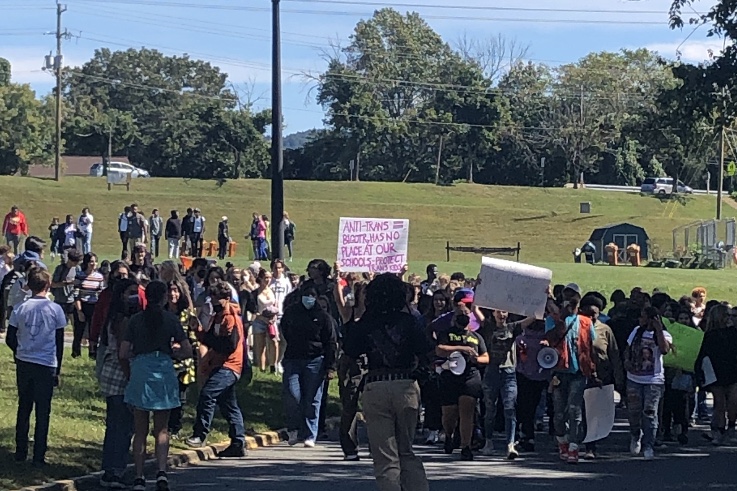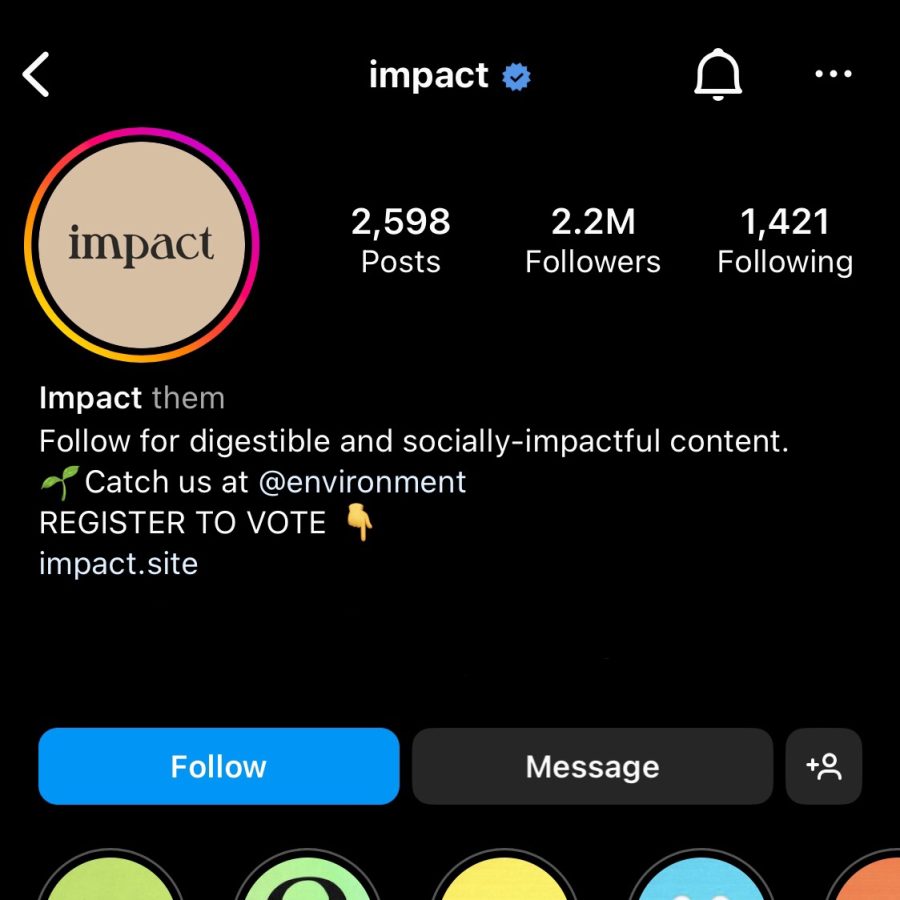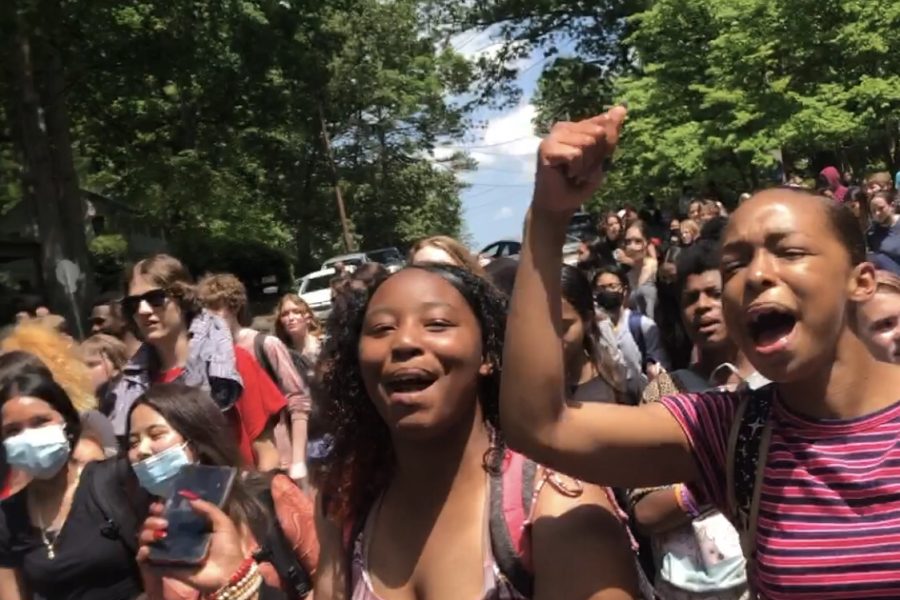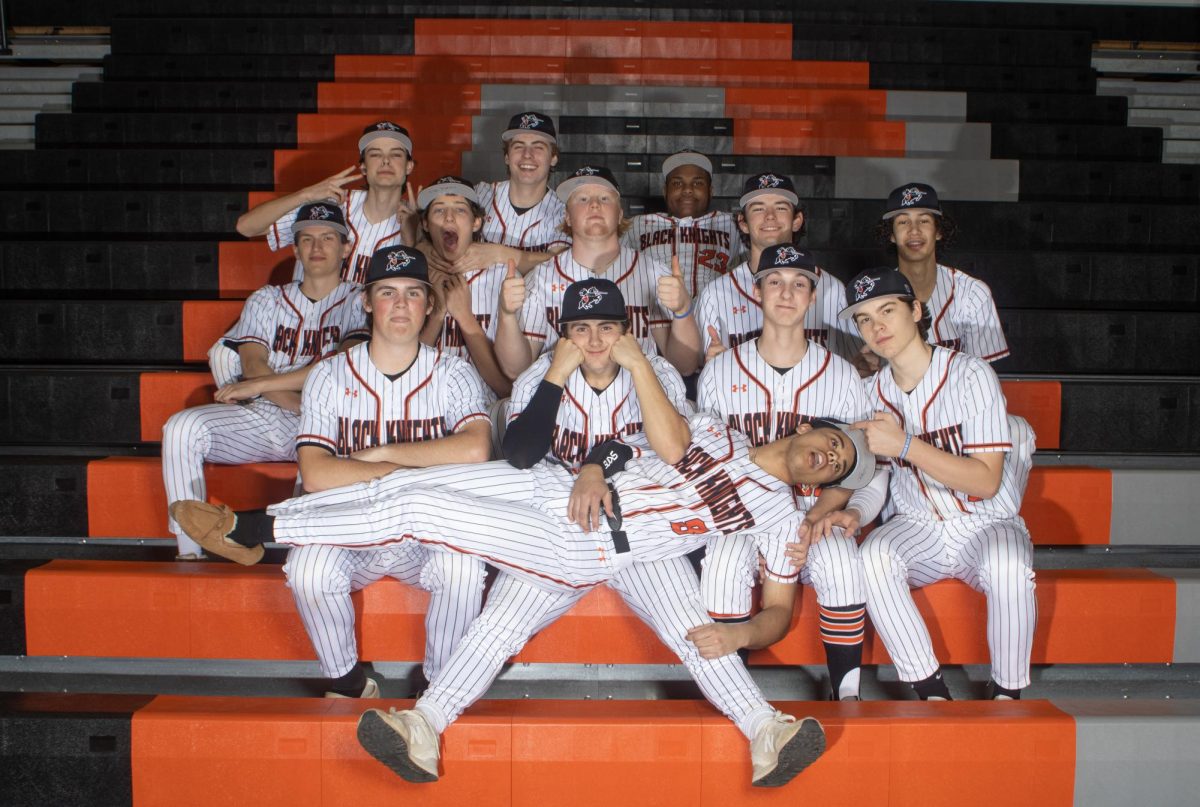Is This Still Activism?
Walkout against Glenn Youngkin’s proposed policies on trans rights at CHS. Photo contributed by an anonymous student photographer.
November 4, 2022
Activism – the policy or action of using vigorous campaigning to bring about political or social change. Is activism also reposting infographics, canceling people, and asking for permission when it comes to walkouts? A few years ago the average teenager could expect to open Instagram to see cute vacation pictures of their friends at the beach, or a casual snapshot of a lunch order. Now when teens open Instagram, they see pastel themed infographics about major news in the world. This is marketed as activism, and people repost these on their stories in hopes of highlighting major issues, but this raises the question — is it really activism? An anonymous CHS student said that they don’t think infographics are helpful or truly informative, and that “if you’re going to take it in, especially if you’re going to share it with other people, it’s better to back it up with your own research” than to simply trust what an account on Instagram has posted. Infographics only show the bare minimum of information that can be shared while still being considered “accurate,” and it can lead to false bias. Social media is notorious for spreading false information and biases, so guaranteeing research is backed up by a more reliable source is key when receiving news from social media platforms.
Social media is also known for “canceling” people. This simple act has a name – cancel culture. According to Merriam Webster, cancel culture is defined as “the practice or tendency of engaging in mass canceling as a way of expressing disapproval and exerting social pressure,” but is it really a helpful practice? According to another anonymous CHS student, “cancel culture in its basic definition can be helpful to get people who shouldn’t be online offline, but cancel culture can be used to pick on people that majorities already don’t like.” One CHS Junior feels as though cancel culture is a highly practiced custom, and that “and any mistake white men make, they are not held accountable for, and people make excuses for them. However, when it comes to minorities, any mistake they make (no matter how small it may seem) is aggressed to a point that puts their own personal safety at risk.”
With talk of cancel culture and power, walkouts come into play. Walkouts are intended to be a display of “leave[ing] suddenly often as an expression of disapproval, to go on strike” according to Merriam Webster. The power dynamic has shifted – students are supposed to be in power during these situations, but now it seems as if administration is in charge. A few weeks ago, CHS students walked out against Glenn Youngkin’s new policy declaring that students would have to use facilities matching the sex on official school records, and said they can only participate in sex-specific athletic programs and other activities that correspond with their sex. But CHS students didn’t walk out the same day as the rest of the state did — they walked out the day after. One student felt as if this made the walkout less helpful, “because we switched days and so we did not walkout with the rest of the entire state of Virginia, and that was to fit the CHS schedule, which meant that we didn’t walk out in support of everyone else in the state.” “Cancelling” somebody simply draws attention to them and gives them a platform to share their opinions more than they already were. While cancel culture may be based on good values, it can lead the way for problematic individuals to continue sharing their views and values with a more direct spotlight on them.
Students can be the change again with a little bit of work and learning to speak up for themselves. Healthy activism is a practice everybody should be working towards: following up on information found on social media before reposting and spreading it, and working together as a student body when planning walkouts or events of that type. “When people get together and actually know what they’re doing, there’s a purpose, and people are being educated, it’s way more constructive,” said Saturn, CHS 12th grader. Canceling people without fair reasoning, reposting pretty pictures with mesmerizing fonts about current events, and asking for permission when it comes to walkouts will not make any real change. The only way to truly make sure things are different is to do your own research and only participate in events that do not seem performative and instead seem like they will truly be effective.








